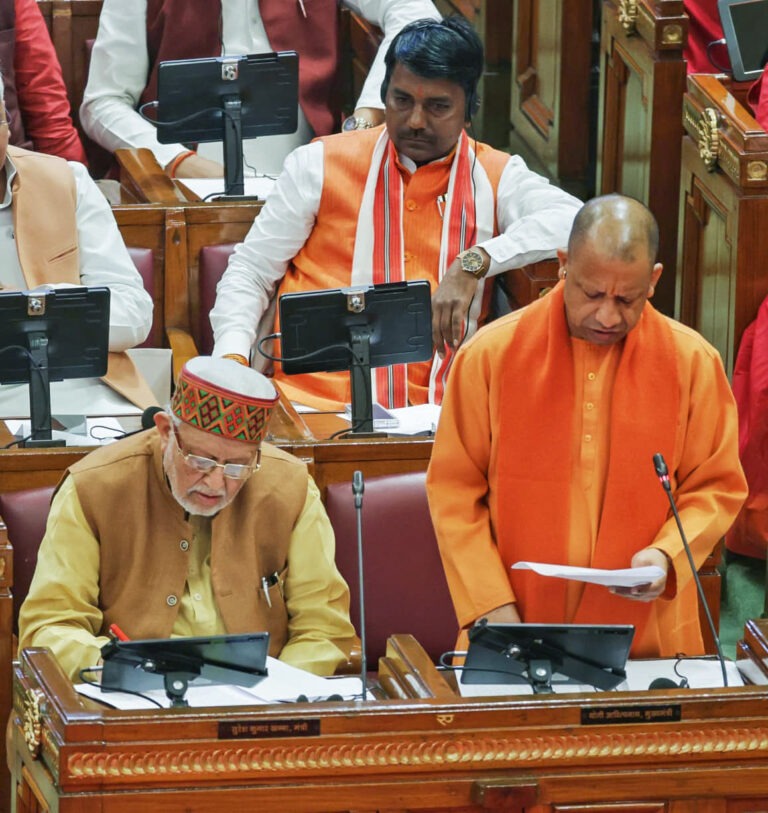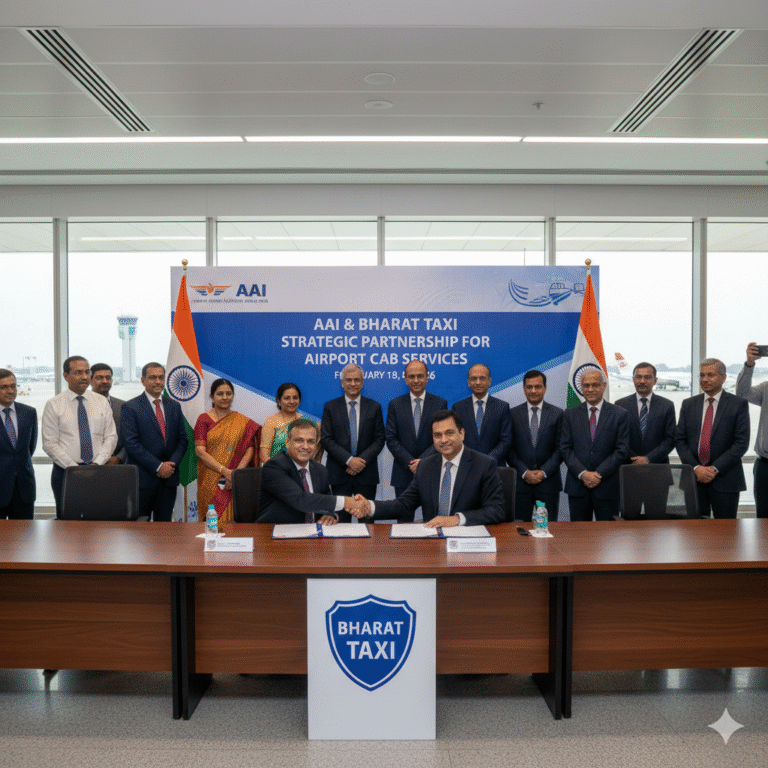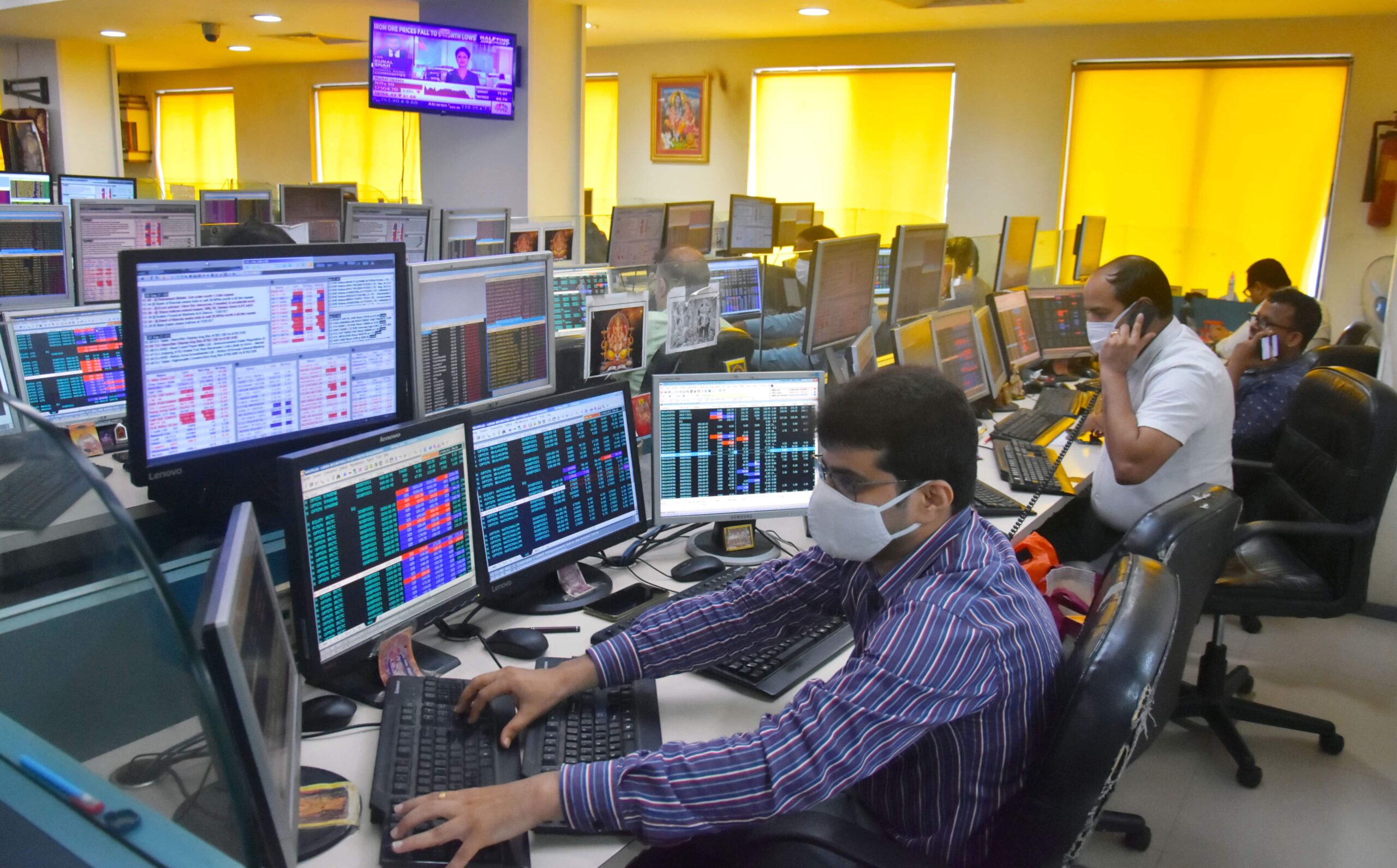
SECI and NHAI sign an MoU to install solar power plants along the Delhi–Saharanpur–Dehradun Highway
New Delhi. The Solar Energy Corporation of India Limited (SECI) and the National Highways Authority of India (NHAI) have signed a crucial Memorandum of Understanding (MoU) for the installation of dedicated solar power plants. These plants will be strategically placed along the elevated section of Package-1 (the Delhi portion) of the transformative Delhi–Saharanpur–Dehradun Highway (NH-709B). The agreement is part of India’s major strides in promoting sustainable infrastructure and achieving its ambitious Net Zero target by 2070.
SECI and NHAI: Harnessing Solar
Minister of State for Corporate Affairs and Road Transport & Highways, Harsh Malhotra, presided over the signing ceremony. Ministry of Road Transport and Highways’ (MoRTH) Secretary V Umashankar and SECI’s Director Sanjay Sharma, alongside other senior officials, also attended the event.
The pioneering partnership fundamentally aims to harness solar energy directly for powering vital highway infrastructure. The integration significantly reduces carbon emissions and actively promotes clean energy use in large-scale road development projects. This initiative not only generates essential renewable energy but simultaneously serves as an immediate benchmark for sustainable infrastructure planning and implementation across the country.
The project effectively utilises the available space along the elevated corridor—an otherwise vacant area—to generate clean power, demonstrating smart, resource-efficient planning and land use. This model provides a blueprint for leveraging existing national highway corridors to contribute meaningfully to India’s renewable energy goals.
Government Commitment to Green Transition
Speaking at the event, Minister Malhotra strongly emphasised that the collaboration between SECI and NHAI powerfully reflects the Government’s unwavering commitment to renewable energy and sustainable development practices. “By leveraging solar power, we are taking a decisive step towards reducing greenhouse gas emissions and creating a cleaner environment,” he stated. Malhotra added that the project clearly demonstrates precisely how the nation can seamlessly integrate renewable energy into critical infrastructure development, creating a long-term, self-sustaining green value chain.
The SECI and NHAI initiative will set a vital precedent for numerous similar renewable energy projects planned for implementation along national highways nationwide. In fact, it strongly reinforces India’s broader agenda of sustainable growth and green transition. At the same time, it directly aligns with Prime Minister Narendra Modi’s vision to achieve net-zero emissions by 2070. The coordinated effort between the national renewable energy facilitator (SECI) and the national road development agency (NHAI) showcases the holistic, multi-sector approach India employs to meet its critical climate and development commitments.





